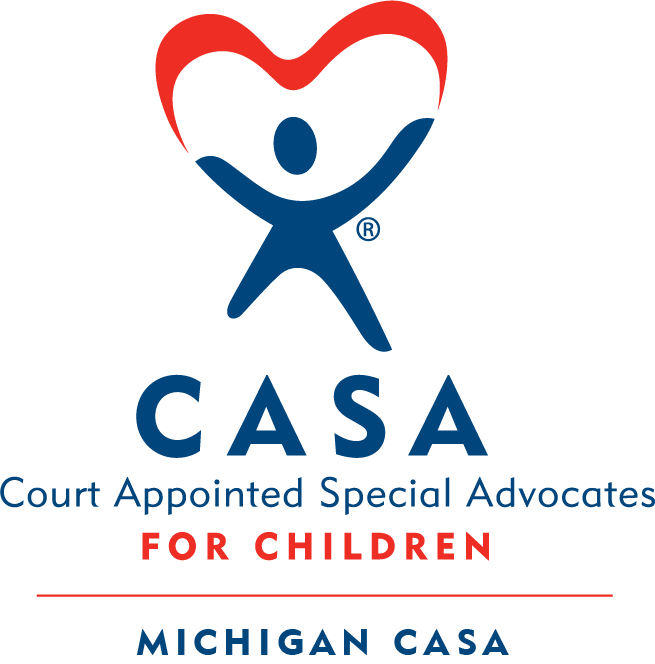Senate Approves Bipartisan Effort To Help Guardians Who Care For Tribal Children
March 22, 2023
LANSING, Mich. — Bipartisan legislation sponsored by state Sens. John Damoose, R- Harbor Springs and Jeff Irwin, D-Ann Arbor, to expand access to the Guardianship Assistance Program was approved by the Senate on Wednesday.
Among other things, the legislation would ensure Native American children can benefit from guardianship assistance on an equal basis, and support more children being permanently placed with guardians in order to give options to families. The bills would provide a mutual recognition of guardianship orders from both state and tribal courts to create a more seamless protection of children across jurisdictions.
“This is a necessary, equitable fix that will provide critical assistance to more Michigan families,” said Damoose, one of the bill’s primary sponsors. “The state recognizes orders from a state court and provides support for a child to be placed with a guardian, but these bills recognize the authority of tribal courts to do the same. Without this assistance, many cannot afford to step into the guardianship role, causing children to be placed in foster care instead.
“These bills seek to right a wrong and help kids stay connected to their family and communities.”
The Guardianship Assistance Program provides financial support for families who provide permanent guardianship for children when adoption or family reunification are not appropriate options. Senate Bills 137 and 138 would make more Michigan families eligible for the program by including orders from both tribal and out-of-state courts.
A guardianship setting is often preferred by families because it maintains the familial relationship and the permanency that comes with it — though under current law, many children have not been able to participate in the Guardianship Assistance Program. These bills will help solve this iniquity.
“These bills have wide-ranging support and were the result of numerous discussions with tribal representatives and other advocates,” Damoose said. “The simple goal is to achieve a solution that is in the best interest of the children.”
The bills now move to the House of Representatives for further consideration.

